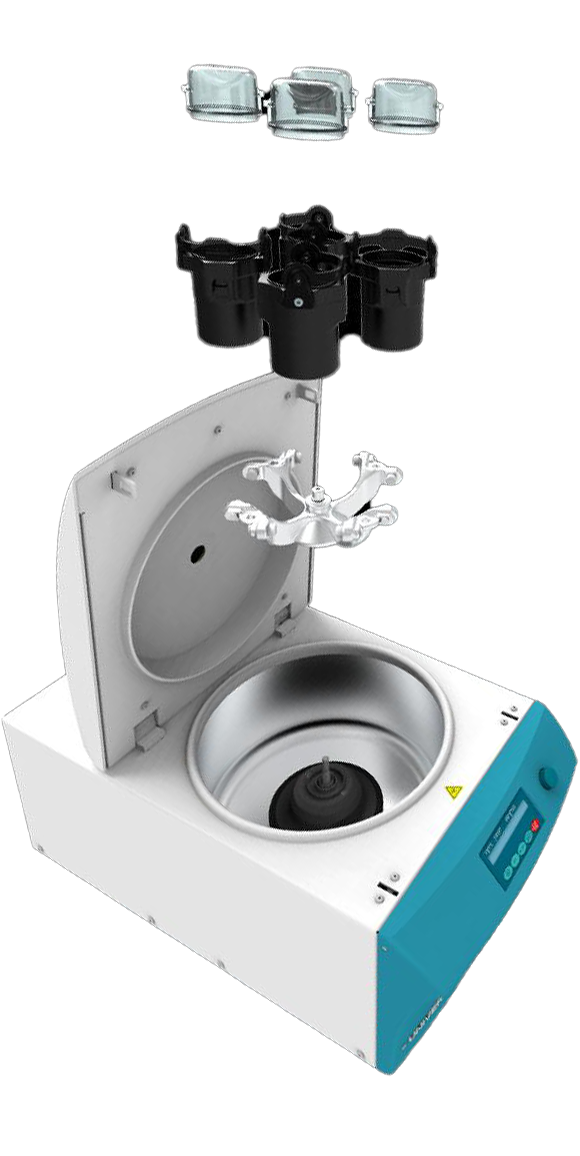With many NHS services now being outsourced to private companies, it does raise the question as to how ‘public’ the NHS really is compared to yester-year. Indeed some functions are privatised without the general public even realising, as these services continue to be branded with the re-assuring white and blue ‘NHS’ logo.
NHS Trusts in the UK are under immense pressure to work more efficiently in the face of increasingly demanding patients, who are living longer and often have much more complicated health problems later in life than those of a generation ago.
It’s no wonder that parts of the NHS are being privatised as they are struggling to not only meet the high standards set by the Department of Health but also the high demands set by the patient.
To take a recent example, the Sterile Services Department (SSD) at Benenden Hospital in Kent had an ageing air conditioning system which failed to meet the high standards of the Trust. This lead to the segregation of the autoclave from the packing area. Hardly ideal and certainly not very efficient! Nevertheless, the hospital coped with this arrangement for a number of years until a complete redevelopment of the hospital was given the green light in 2013.
Plans for the new hospital were put forward and it was suggested that the SSD would be outsourced. However, this was not in an attempt to cut costs, but instead because there was simply not enough space in the new, re-developed hospital to house a fully functioning SSD.
Despite this problem, the Board of Governors were actually very much in favour of keeping the SSD on site and funding of £1.85 million was provided to create a new state-of-the-art SSD in an old laundry building opposite the main hospital.
Work of the new unit started in September 2014 and the unit was fully commissioned in April 2015. The project was not only delivered on time, but also within budget.
But why did the Board of Governors vote in favour of keeping the SSD on site? Some might argue that outsourcing the SSD to the private sector would improve efficiency and that the competition would drive down costs.
Perhaps so, but one of the main reasons the hospital rejected privatising the service was because they did not want to compromise its excellent infection control record of 0.86% (against the national average of 6%). Maintaining control of their SSD would mean they could keep tight control of the quality, something which outsourcing doesn’t provide.
Furthermore, the hospital did not want to lose the huge depth of knowledge and experience of their in-house SSD team. Outsourcing can lead to redundancies and the quality of incoming staff is not always guaranteed.
There are of course many examples right across the length and breadth of the UK where outsourcing to private companies is simply not the answer. However, it is worth noting that in some instances, private companies do some excellent work for the NHS, sometimes driving down costs and improving efficiency in the process. Indeed, outsourcing to private companies can allow the NHS to focus on other much more life-critical functions.
Private outsourcing of the NHS is a prickly subject to discuss, one that is often politically and emotionally charged. It will certainly continue to be a topic of debate for years to come.
Click here to learn more about Benenden Hospital.









